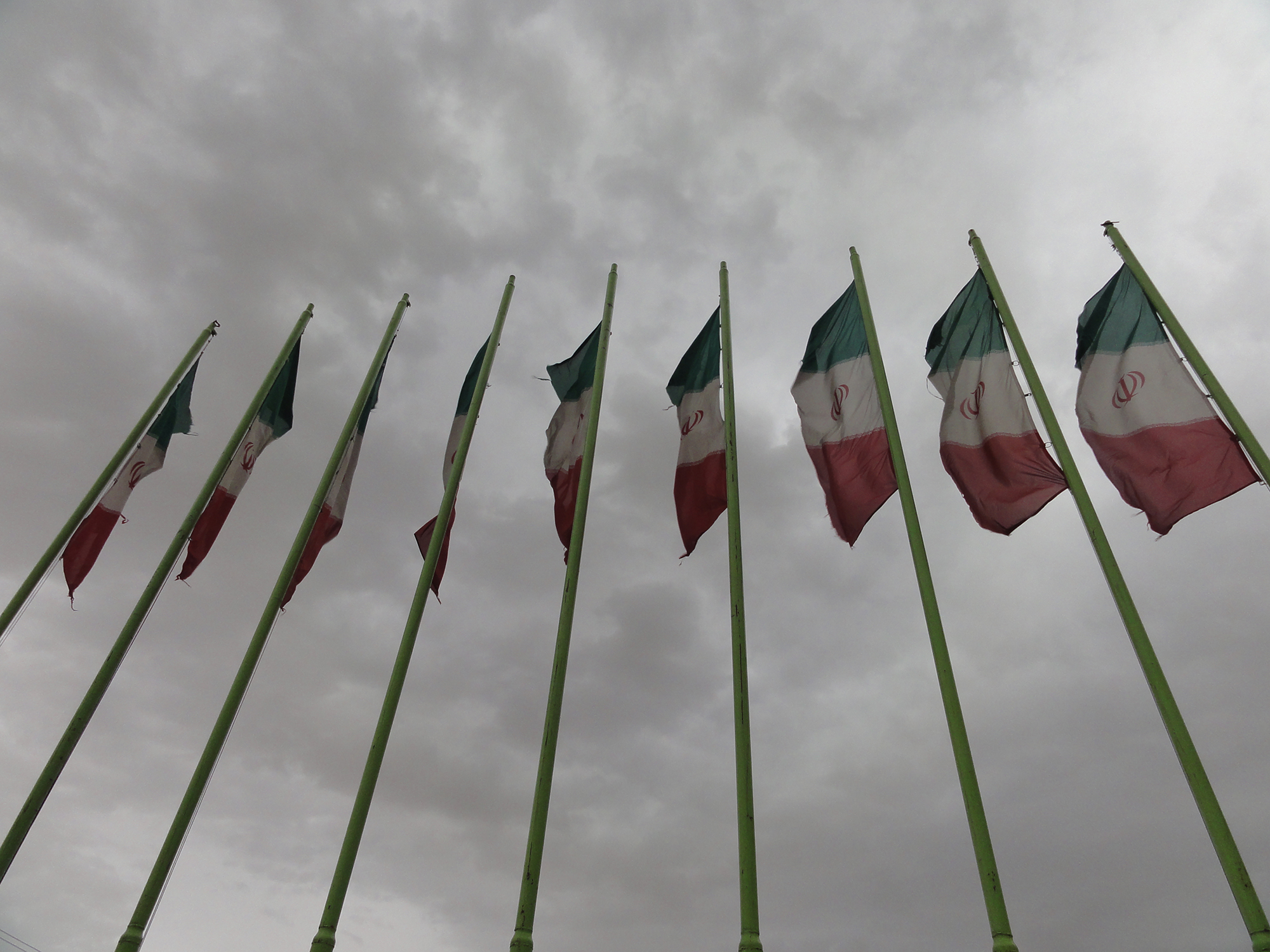Civilization
The U.S. Strikes in Iraq and Syria Don’t Go Far Enough
A retired Army colonel says the airstrikes in Iraq and Syria are not doing enough to degrade Iran’s proxies.

To Deter Iran, D.C. Must Understand Iran’s Long Game
Last weekend’s bombing campaign against Iranian proxies in Iraq and Syria enacted by U.S. Central Command in response to the January 28th drone strike that killed three American troops in Jordan did not go far enough. Because they did not target any Iranians, any assets inside Iran, or any of Iran’s Islamic Revolutionary Guards Corps (IRGC) vessels in the Persian Gulf, these strikes will ultimately fail to reestablish American deterrence and credibility in the Middle East.
In the months since the Israeli bombardment of Gaza in response to the gruesome October 7th attack, American troops have been under near-constant fire from rockets, artillery, and drones launched by Shia groups operating under the control of and resourced by the IRGC. More than 180 such attacks have injured dozens of American service members. Meanwhile, the Houthis, an Iranian-backed group based in Yemen, have unleashed chaos on the global supply chain and sent shockwaves through international markets by firing rockets and drones at commercial vessels navigating the Red Sea.
Up until the deadly drone attack in Jordan, the response has been tepid at best – a handful of pinprick strikes on warehouses and facilities in Iraq, Syria, and Yemen. After each such response, the attacks by these groups resumed within days.
The response to the attack in Jordan was supposed to be different. Three American Soldiers were killed. Though this drone attack on a remote American outpost in northeast Jordan was consistent with the many that came before it, President Biden promised a more forceful response. That response strike began with Central Command launching 85 strikes in the border region between Iraq and Syria, targeting these militia groups. Then, on Wednesday, February 7th, an American precision drone in Baghdad killed a senior commander from Kataib Hezbollah, a militia force which the White House holds responsible for the attack in Jordan. Concurrently, the U.S., along with the U.K., continue to conduct strikes on locations associated with Yemen’s Houthi rebels.
These American strikes are a tactical response to a specific incident, not a comprehensive strategy to counter Iran’s malign influence in the region. Focusing on proxy groups in Iraq and Syria does not address the dark heart of the chaos and violence over the past four months. The IRGC will restock the shelves of these groups within a matter of weeks, and the feedback loop of attacks on American troops followed by hollow American responses will continue. More American troops will be injured, and the likelihood of another drone getting through and killing more Americans remains high.
To restore deterrence, the U.S. should instead hit targets that Iran cares about: IRGC leaders, Iran’s military bases, or its spy ships loitering in the Red Sea. For more than a decade, the mullahs in Tehran have built a robust force of dozens of militia groups that operate in the region under the umbrella of the Iranian regime. The IRGC provides them with funding, weapons, and strategic guidance. While targeting these proxies may take out their rockets, missiles, and drones and disrupt their immediate activities, it does little beyond the short-term.
Iran has an enormous supply of inexpensive but deadly drones manufactured by Shahed Aviation Industries Research Center, an Iranian company subordinate to the IRGC. Similarly, Tehran has a massive volume of missiles – the largest such arsenal in the Middle East – it can quickly ship to fighters in Iraq and Syria. Iran began investing in drones and missiles in the mid-1980s amidst its ruinous war with Iraq to compensate for its decisive disadvantage with America in conventional military capability. Now, this investment is paying off.
Iran is playing a long game in the region, while the Biden administration aims to avoid escalation ahead of the November 2024 presidential election. Iran is a nation abundant in oil resources and possessing significant geopolitical influence. Rather than engaging in short-term strategies, Iran adopts a patient approach, focusing on goals decades off. The Shia nation emerged over two millennia ago and still thinks like an ancient empire. While the U.S. has superior military capabilities, Iran believes it has superior resolve. This resolve, Tehran believes, will ultimately prevail in any confrontation with the United States. The mullahs seek to outlast the United States in the Middle East, gradually expanding influence and undermining regional stability.
Deterrence with any adversary is not a matter of force. For deterrence to work, an adversary must believe that the United States has the will to take away the adversary’s interests. In Iran’s case, regime survival lies at the top of those interests. The clerics in Tehran will only back down in the wake of any American attack if they believe their rule is at risk. Ahead of the most recent strikes, National Security Council spokesperson John Kirby repeated that the U.S. seeks to avoid war with Iran – a clear message that the U.S. has no interest in threatening the regime in Tehran.
American airstrikes into Iraq and Syria in exchange for free shots on American bases is a tradeoff that Iran is willing to accept. By targeting a militia leader in Baghdad in response to attacks on U.S. troops, the U.S. essentially exchanged a slap on the wrist for the loss of American lives. This pattern of response only encourages Iran and its proxies, reinforcing the perception that they can act with impunity.
To effectively deter Iran and its proxies, the United States must adopt a more proactive and comprehensive strategy, inclusive of targeting Iranian assets directly, imposing meaningful costs for aggression, and signaling a willingness to escalate if necessary. The time for half-measures is over; the United States must take the required steps to confront Iran’s malign activities and secure a more stable and peaceful future for the region.
This article was originally published by RealClearDefense and made available via RealClearWire.
Joe Buccino is a research analyst at the Defense Innovation Board, a former communications director at U.S. Central Command, and a retired U.S. Army colonel with five deployments to the Middle East during his military career. He served as the communications director for the NATO support mission in Europe from February to November 2022.
-

 Executive5 days ago
Executive5 days agoWaste of the Day: Secret Settlements get Taxpayer Money
-

 Accountability2 days ago
Accountability2 days agoWaste of the Day: Principal Bought Lobster with School Funds
-

 Executive11 hours ago
Executive11 hours agoHow Relaxed COVID-Era Rules Fueled Minnesota’s Biggest Scam
-

 Constitution1 day ago
Constitution1 day agoTrump, Canada, and the Constitutional Problem Beneath the Bridge
-

 Civilization10 hours ago
Civilization10 hours agoThe End of Purple States and Competitive Districts
-

 Civilization4 days ago
Civilization4 days agoThe devil is in the details
-

 Executive3 days ago
Executive3 days agoTwo New Books Bash Covid Failures
-

 Civilization3 days ago
Civilization3 days agoThe Conundrum of President Donald J. Trump












